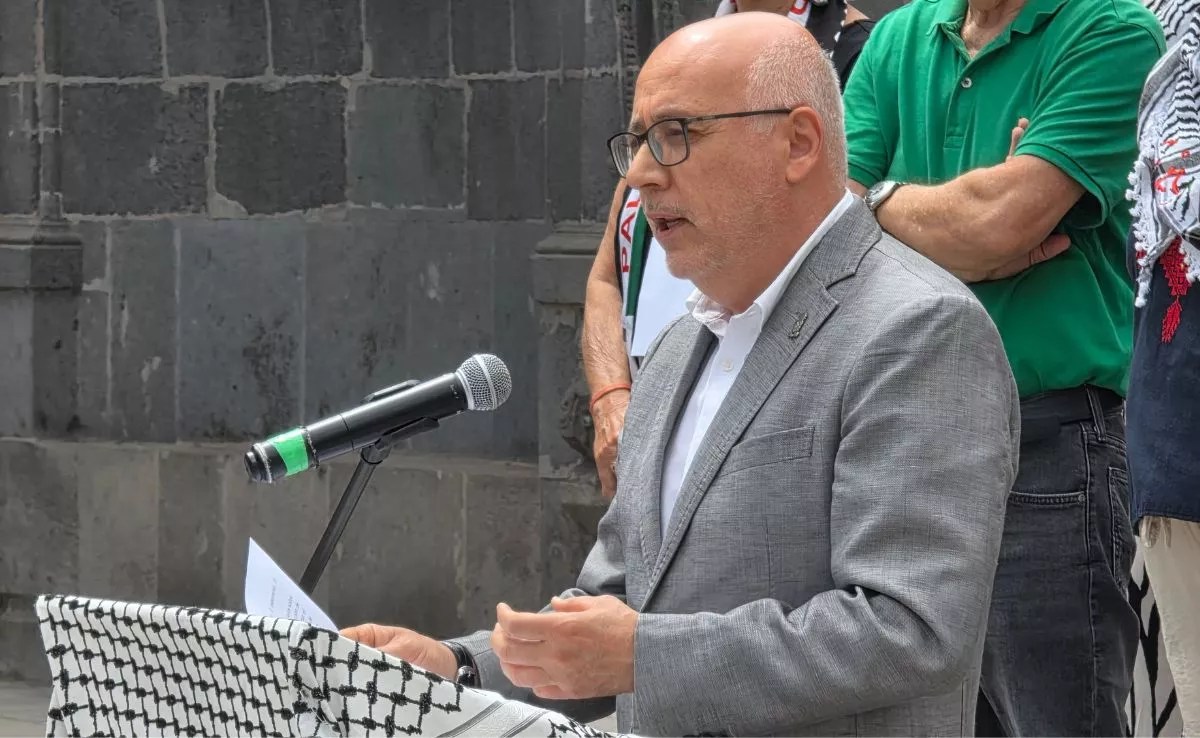The president of the Cabildo of Tenerife, Rosa Dávila, stated on Monday that the social movement ‘The Canary Islands have a limit’ “has diminished in importance,” while simultaneously acknowledging that the present tourism model “does not” support the future, necessitating a need to enhance efforts towards a framework of greater sustainability.
This was his assessment of the protests that took place on Sunday across several locations in the Archipelago, noting, however, that the marches occurred “normally” aside from a few isolated incidents – one activist was detained in Gran Canaria.
He pointed out that the tourism model developed over the past 50 years has “transformed” the islands from being “an impoverished, rural, and agrarian society, which had to emigrate in search of opportunities,” to one that should now aspire to a model that “enhances the quality of life for residents.”
In this context, he emphasised the initiative launched by the Government of the Canary Islands, following the Conference of Presidents, to create a ‘road map’ addressing the demographic challenges facing the archipelago and the efforts made by the Cabildo to safeguard natural areas, starting with the introduction of a fee in the Masca ravine and set to expand to Anaga and Teide.
Moreover, he mentioned that the Cabildo has also proposed measures, such as limitations on the purchase of housing by foreign citizens, emphasising the continued need to develop “a model where tourism revenue contributes to enhancing the quality of life for residents.”
Concerning the major projects like the La Tejita hotel or the ‘Cuna del Alma’ tourist development, he framed them within the scope of municipal authority – he refrained from commenting on the Motor Circuit – and he has endeavoured to uphold the Cabildo’s commitment to managing and improving access to natural spaces in just “14 months” of his term.















